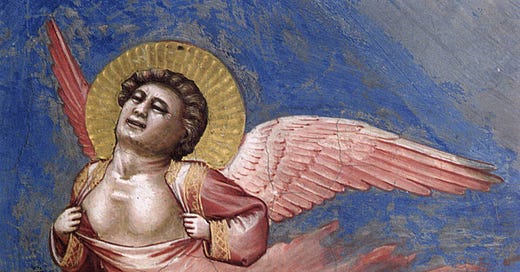One is tempted to say that Hobbes is absolutist in spite of his individualism. But, on the contrary, Hobbes is absolutist because he is so rigorously individualistic. If we find it hard to admit such an idea, it is because we have only a very faint idea of what it means to take the individual seriously, to make the individual, and the individual alone, …
Keep reading with a 7-day free trial
Subscribe to What Is Called Thinking? to keep reading this post and get 7 days of free access to the full post archives.



